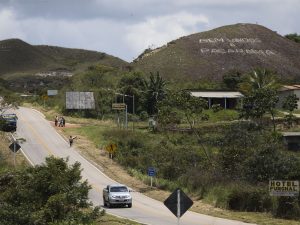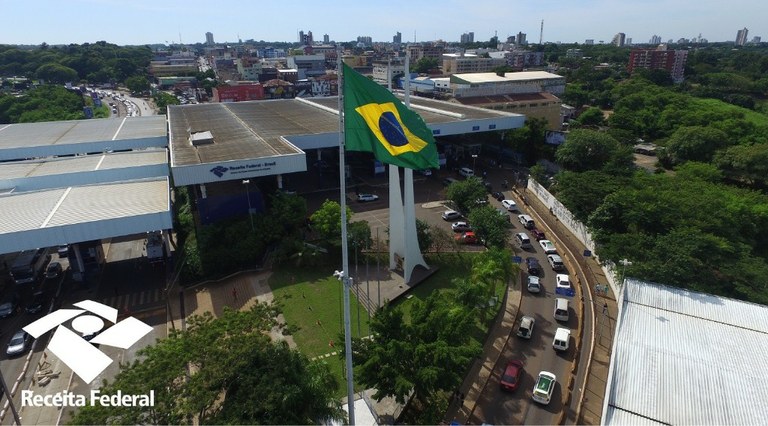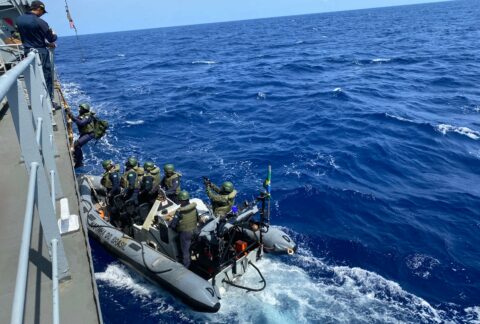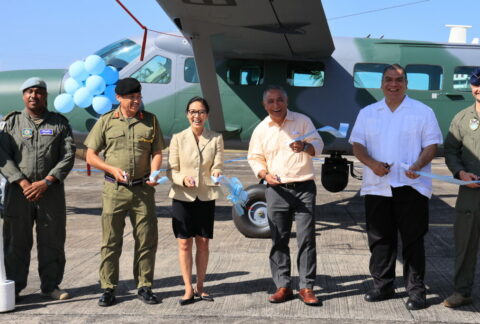The Brazil-Venezuela border will receive a real-time surveillance system to strengthen the fight against crimes such as smuggling, fraud, and arms and drug trafficking. Equipment such as smart lights, facial recognition software, motion-sensor cameras, and drones with thermal imaging cameras will be installed in the Brazilian city of Pacaraima, Roraima state, the main land route to Venezuelan territory, through the city of Santa Elena de Uairén.
The equipment will be placed at strategic points, such as the offices of the Brazilian Internal Revenue Service at the border, the Federal Police border post, the bus station, and along Pacaraima’s main streets.
“This technology will further reduce the number [of crimes along the borders]. With the ability to identify license plates and faces, we will receive real-time information and identify fugitives and stolen vehicles,” said Antonio Denarium, governor of Roraima.

This initiative is part of the Brazilian Agency for Industrial Development’s (ABDI, in Portuguese) Fronteira Tech program, a border technology program, which offers Brazilian municipalities digital technology solutions for public safety.
Wider reach
The operation in Pacaraima will be the second for Fronteira Tech, underway in southern Brazil since the end of 2019. Facial recognition cameras, license plate readers, and acoustic gunshot detection devices are already being used at the Friendship Bridge, which connects the Brazilian city of Foz do Iguaçu, Paraná state, with the Paraguayan city of Ciudad del Este. “It [the acoustic gunshot detection device] is a system that recognizes the sound of a gunshot, which activates the cameras to point at the source of the sound and capture the activity in real time,” said César Viana, a Brazilian Internal Revenue Service employee and head of the baggage division at Foz do Iguaçu customs.
The Internal Revenue Service, a Fronteira Tech partner, stated that thanks to the license plate reader system, the total number of vehicles seized in 2020 exceeded $11 million. This number reflects seizures conducted in the entire jurisdiction of the Internal Revenue Service at Foz do Iguaçu, which encompasses an area of 215 kilometers along Itaipu Lake, a body of water shared by Brazil and Paraguay.
In February 2020, ABDI signed a cooperation agreement with the Brazilian Intelligence Agency (ABIN, in Portuguese). With their cooperation, ABIN will have access to information generated by the Fronteira Tech program on the Brazil-Paraguay and the Brazil-Venezuela borders. The goal is to “generate and distribute knowledge and protect our citizens,” said ABIN’s General Director Alexandre Ramagem.









